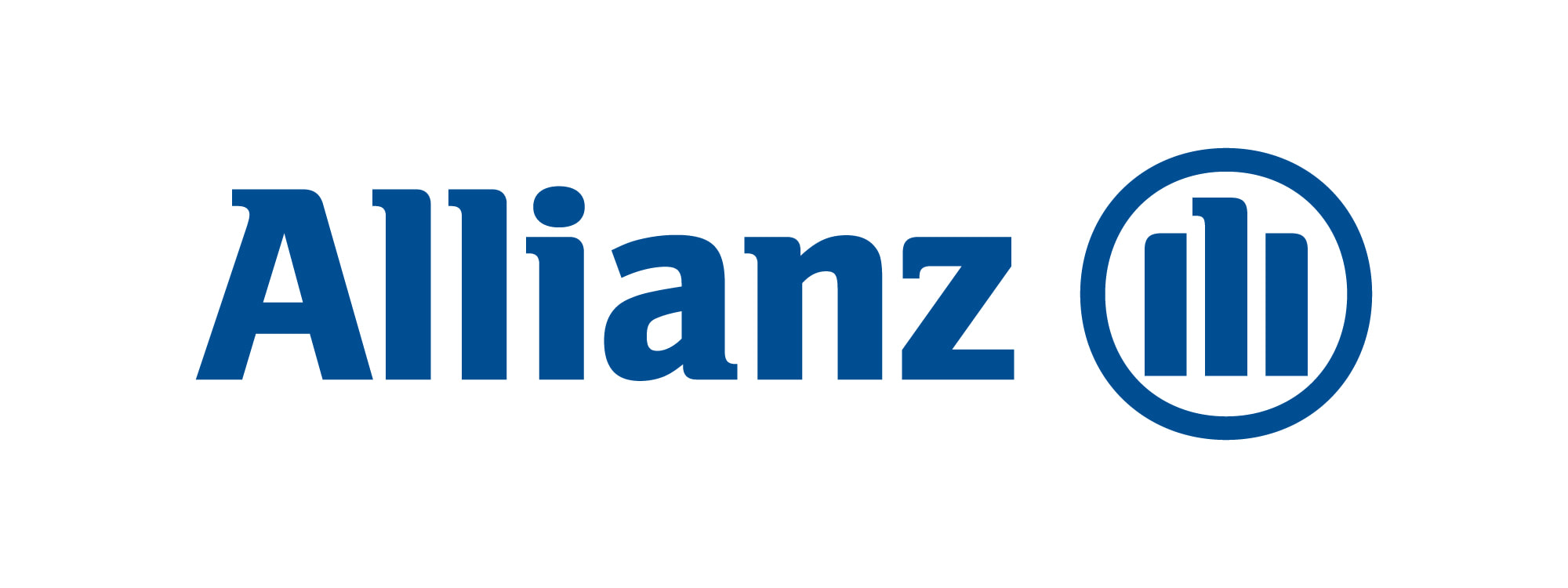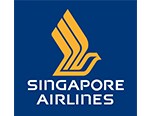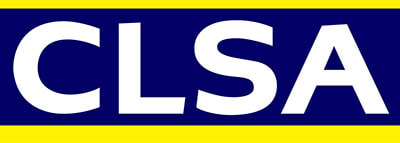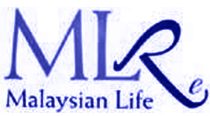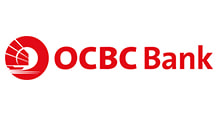|
Most of our clients tell us that their employees are no longer happy with managers who merely tell them what to do and by when. Instead, today’s more self-actualised employee is looking for direction and inspiration when it comes to crystallising purpose, setting goals and developing themselves professionally.
For this, you need coaches, not managers. According to this Fortune article, one company, Time Etc realised this, so they replaced all their managers with coaches, with a ratio of one coach per six employees. They had clear objectives. The coaches’ job was to help their employees be as productive as possible and, in doing so, achieve more. The coaches offer close mentoring and feedback, encourage employees to identify how they work best, and make sure they are offered training and support to develop professionally. In short, Time Etc says the focus is on empowering and supporting employees to find their own way forward. As a result, among other things, performance on key goals has improved by up to 20%. Wouldn’t you like this for your organisation? However, coaching requires different skills and abilities from traditional management. The good news is wherever a person is in the organisational hierarchy, he or she can be equipped with the necessary skills to be an effective coach to their team. Here’s a taste of what a good coach needs to take employees to the next level. The ability to create self-managed teams The organisation needs to take charge in skilling each manager with transferable tools for self-motivation and self-management. Working on self is imperative before the next step of teaching others in the team. Many coaching companies work at the level of the conscious mind whereas Neuro-linguistic Programming coaches work on a deeper unconscious level, sharing tools that have the potential to change the way a person instinctively operates. Many managers operate from control, but wouldn’t it be more powerful to come from trust? A mindset shift at this level requires a re-wiring of neurology which is easily delivered in the form of corporate training sessions. Fun to attend while receiving powerful tools, these are highly recommended as self-managed teams elevate the organisation to high performance. Once team members can and are trusted to manage themselves, managers can concentrate on becoming effective coaches, further improving organisational performance. A paradigm shift in terms of how they see their own roles The organisation and managers within have to be open to reconfiguring their role and value to the business. Don’t slip into your old manager ways and consider the job done. Organisations must equip managers with coaching skills. They need to be skilled at identifying opportunities for coaching and having productive coaching conversations. As they acquire the tools and practise their skills, it is almost inevitable that a paradigm shift will occur in how they perceive their role as coaches who enable others to perform at their best. This should lead to rewards for the coach-manager as well, motivating them to continue creating high performing teams. This post was co-written by Communications Strategist, Consultant and Coach, Bharati Jagdish.
0 Comments
Your comment will be posted after it is approved.
Leave a Reply. |
SYLVIA FERNANDES
Sylvia is a qualified Neuro Linguistic Programming (NLP) Master Trainer. She started her business in Sydney and is now based in Singapore. Archives
December 2024
Categories |
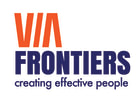

 RSS Feed
RSS Feed

